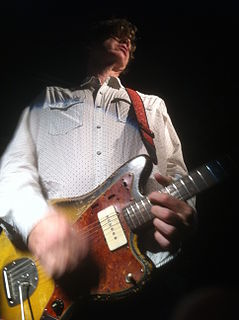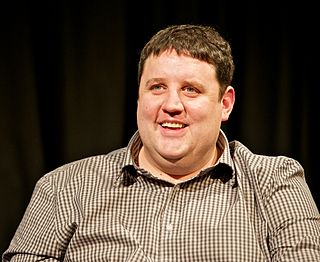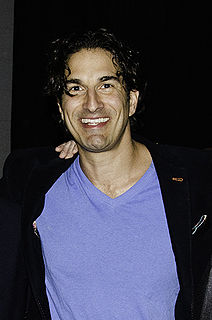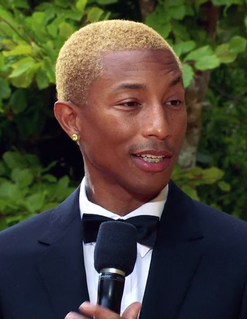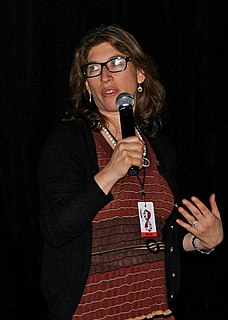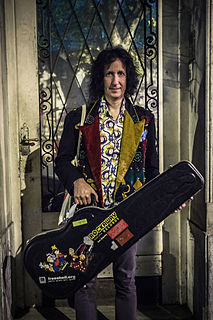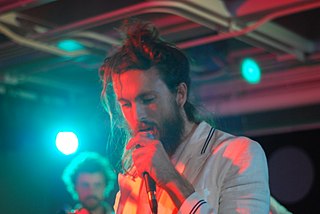A Quote by Thurston Moore
Every now and again, the alternative culture is cherished by the mainstream for what it is, rather than how it should be, like the mainstream popular music.
Quote Topics
Related Quotes
I was on television a couple of years ago and the reporter asked me, "How does it feel being on mainstream media? It's not often poets get on mainstream media." I said, "Well I think you're the dominant media, the dominant culture, but you're not the mainstream media. The mainstream media is still the high culture of intellectuals: writers, readers, editors, librarians, professors, artists, art critics, poets, novelists, and people who think. They are the mainstream culture, even though you may be the dominant culture."
There are certain jokes that indicate how mainstream a comic is. If you're talking about how the side effects of drugs that they advertise on TV are worse than the actual illness they're supposed to prevent, that's like the hackiest joke out there now. If you're still doing that joke, that usually is an indicator of being mainstream, in a bad way.
I mean, when we did 'Families At War,' on Saturday night prime time, people said we were mainstream then. But it wasn't in the least mainstream. The fact that we got that on BBC1 at that time with those ridiculous things, that's as mainstream as we get. We do what we do and people can think that it's mainstream or avant-garde.
